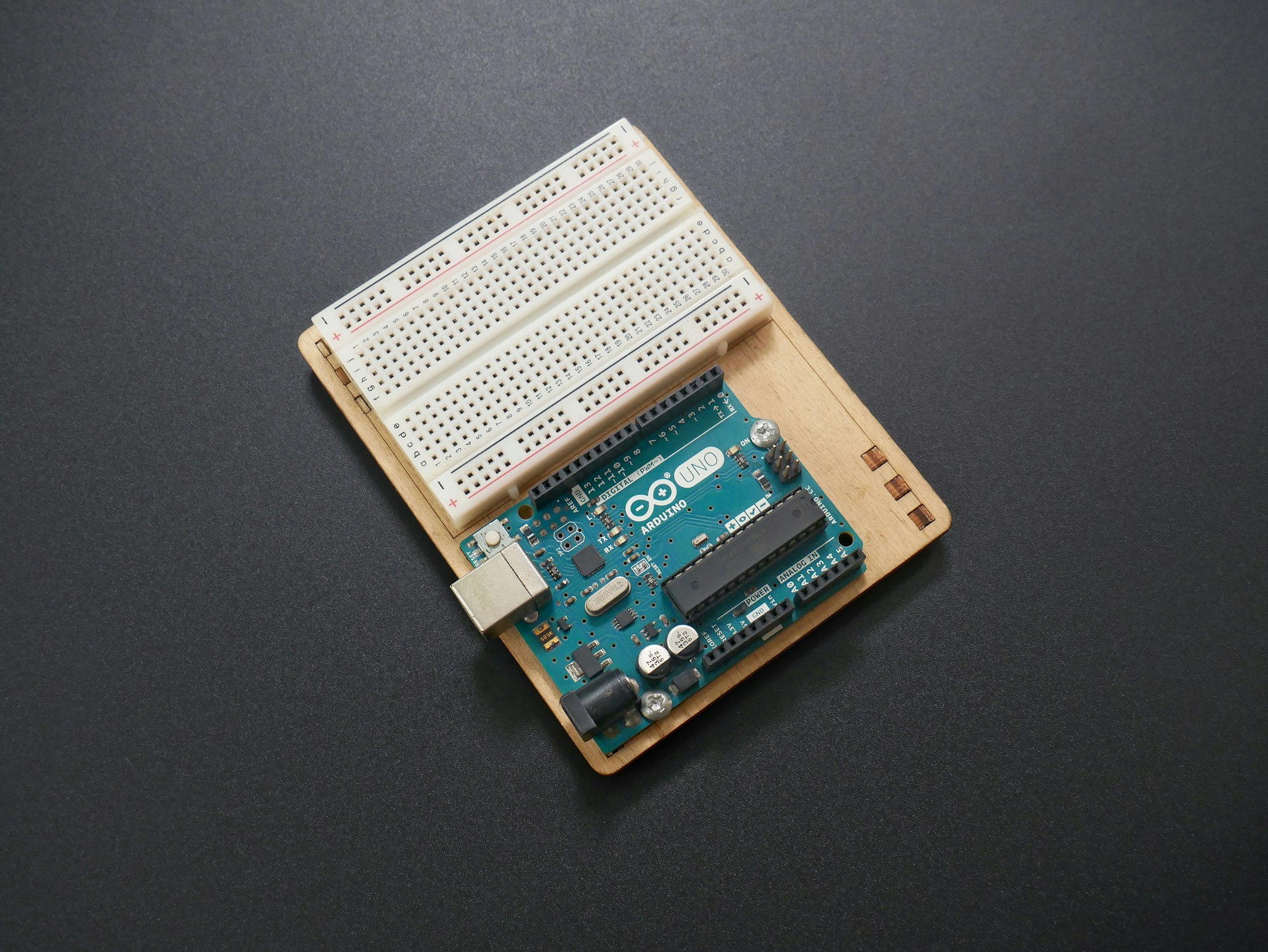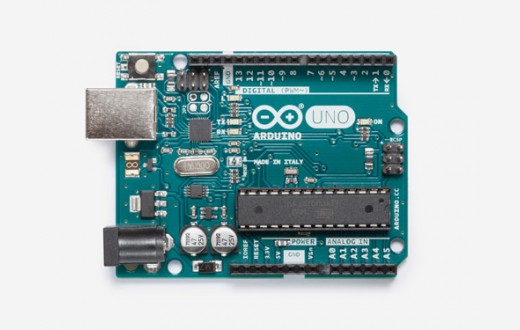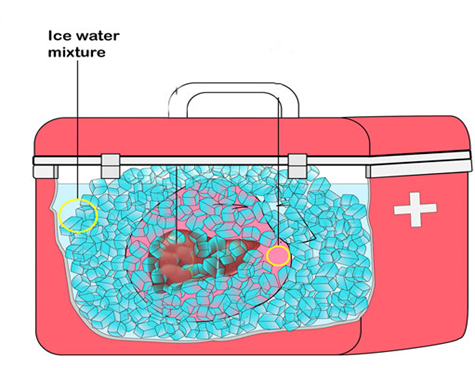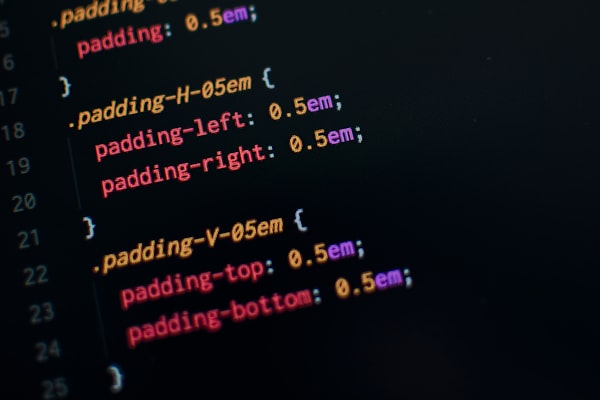Best 7 Biometric Sensors Heart Monitor Sensors For Building Heart Monitors with Arduino - Building The Next Medical Apps
Table of Content
Imagine combining your love for tech with the wonders of the human body. That's exactly what biometric sensors do! These cool gadgets, like heart rate monitors and muscle sensors, are revolutionizing the world of Arduino projects. They're not just for pros - they're perfect for curious minds like yours!
With these nifty devices, you can create awesome projects that connect human biology with cutting-edge technology. It's like having a superpower that lets you peek into how our bodies work, all while learning valuable skills in electronics and coding. Get ready to dive into a world of exciting possibilities and hands-on learning!
Exploring the World of Biometric Sensors
The market offers an impressive array of biometric sensors compatible with Arduino, catering to various skill levels and project requirements:
- Heart Rate Monitors: From the comprehensive Heart Rate Educational Starter Pack to the user-friendly Pulse Sensor Amped, these devices allow for accurate cardiac monitoring in Arduino projects.
- Muscle Sensors: Advanced options like the MyoWare 2.0 Muscle Sensor enable the detection and measurement of muscle activity, perfect for projects in prosthetics or human-computer interaction.
- Versatile Solutions: Some sensors, like the Gravity PPG Heart Rate Monitor, offer both analog and digital outputs, providing flexibility in project design.

Advantages for Arduino Prototyping
- Rapid Development: These plug-and-play sensors facilitate quick setup and testing, accelerating the prototyping process.
- Cost-Efficiency: Many affordable options make biometric sensing accessible to hobbyists and students on a budget.
- Versatility: From basic heart rate monitoring to complex muscle activity analysis, these sensors support a wide spectrum of project complexities.
- Real-World Impact: Arduino prototypes incorporating these sensors can lead to practical applications in healthcare, fitness tracking, and assistive technologies.

Empowering Student Projects
- Practical Experience: Students gain hands-on experience with biomedical sensors, applying theoretical knowledge to real-world scenarios.
- Multidisciplinary Learning: Projects combining Arduino, biometric sensors, and programming foster a well-rounded skill set spanning electronics, coding, and biology.
- Innovation Springboard: The accessibility of these sensors encourages creative problem-solving and the development of novel health-tech solutions.
- Career Readiness: Familiarity with biometric sensing technology provides a competitive edge for students pursuing careers in bioengineering or health informatics.
Best Heart Rate Sensor
1- Heart Rate Educational Starter Pack: A comprehensive kit featuring Polar Wireless Sensors, ideal for learning about heart rate monitoring technology.
2- Pulse Sensor Amped: An open-source heart rate sensor compatible with Arduino and other microcontrollers, offering plug-and-play functionality.
3- Muscle Sensor Surface EMG Electrodes: Specialized electrodes designed for measuring muscle activity, useful for various biofeedback applications.
4- Pulse Sensor: A compact and affordable heart rate sensor perfect for Arduino projects, featuring an easy-to-use clip design.
5- MyoWare 2.0 Muscle Sensor: An advanced sensor for detecting and measuring muscle activity, suitable for a wide range of applications including prosthetics and robotics.
6- Gravity: PPG Heart Rate Monitor Sensor: An Arduino-compatible sensor utilizing photoplethysmography (PPG) technology for accurate heart rate measurements.
7- Keyestudio Finger Probe Heart Rate Monitor: A finger-based pulse sensor module specifically designed for Arduino, offering easy integration for heart rate monitoring projects.

Final Note
Whether you're an Arduino enthusiast crafting the next breakthrough in wearable technology or a student exploring the frontiers of biomedical engineering, these biometric sensors serve as powerful tools in your arsenal.
By offering affordable, accessible, and versatile solutions, they empower makers and learners to transform abstract ideas into tangible innovations, pushing the boundaries of health technology integration and opening new horizons in the Internet of Things (IoT) and personalized healthcare.
Resources
- Arduino 101 CurieBLE Heart Rate Monitor
- Heart Rate Monitor Project
- Monitor the Heart Rate using Pulse Sensor and Arduino
- Heartbeat Sensor Using Arduino (Heart Rate Monitor)
- Pulse Rate (BPM) Monitor using Arduino & Pulse Sensor
- Homemade Arduino Heart Rate Monitor Project
- Heartbeat Sensor using Arduino (Heart Rate Monitor)












